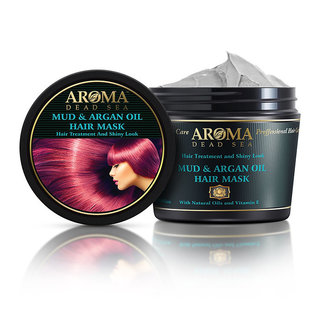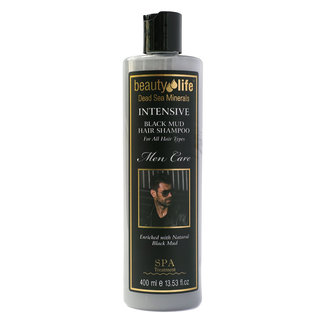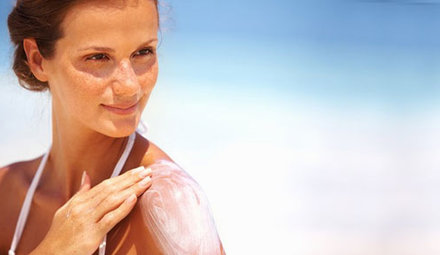
Greasy hair
What are the causes of greasy hair?
Greasy hair is the result of an oily scalp. The scalp produces sebum, which keeps fungi and bacteria at bay and prevents dry, tight skin. An excessive sebum production can be caused by hormones, the outside temperature and genes. The excess sebum ends up on the scalp and this is spread by combing or the fingers.
When is hair too greasy?
Not everyone with greasy hair suffers from shiny hair that feels heavy and hangs flat. People with fine hair suffer the fastest, because the sebum can spread easily over the hair. In people with long hair, greasy hair is less noticeable, because the hair surface is much larger and it takes more sebum to cover the entire hair.
Which products should I use against greasy hair?
The milder your shampoo and conditioner are, the better they will help keep your scalp in balance, i.e. neither too oily nor too dry. It is best to wash your hair with lukewarm water; hot water opens the pores and stimulates the production of sebum. Massage the shampoo gently on your hair, avoiding the scalp. Then rinse your hair well with lukewarm or cold water. In addition, use a mild conditioner only on the ends and rinse them carefully. Rinsing should take as long as washing.
How do I best dry greasy hair?
Avoid hair dryers and hair straighteners, rather dry your hair in open air. After washing, pat your hair lightly with a soft towel. Be careful when combing. Never comb your hair in the shower after it has been washed. Only comb the ends and avoid the scalp. Also clean your combs and brushes regularly.
How often can greasy hair be washed?
So greasy hair benefits from being left alone. The more washing and combing it has to undergo, the more the sebaceous glands are stimulated. Try to limit the number of washes to 2 to 3 times a week.
How do I best wear my hair when it is greasy?
Greasy hair becomes heavy and the temptation is great to go through it with your fingers to give it some 'air' again. Wrong! This way you spread the sebum over the hair and only make it more greasy. Prefer to wear your hair in a tail, even while sleeping. Also replace your pillowcase regularly. Since your hair becomes greasy faster when you have an oily scalp, it is best to create a lot of volume. You do this by wearing a layered hairstyle.
Does diet affect greasy hair?
When you eat a lot of saturated fatty acids (these are especially high in full-fat dairy products, fatty meats, butter, biscuits, chocolate and pastries), this can also make your hair greasy.
Therefore, watch what you eat and limit your diet with saturated fatty acids. Balanced nutrition definitely contributes to healthy sebum production. Eat plenty of fresh fruits and vegetables, plenty of unsaturated fatty acids, and drink plenty of water. When you drink enough you hydrate your (scalp) skin from the inside so that your sebaceous glands do not have to work excessively.








